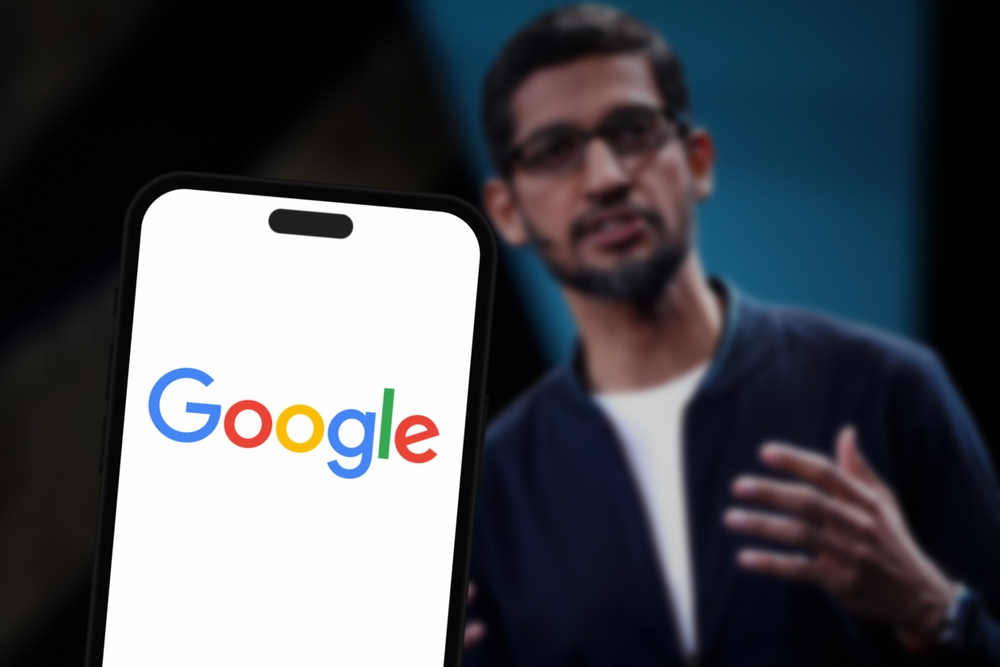Alphabet held its quarterly earnings call today (Oct. 29) and like the past few such events the content was more about AI than it was about earnings. But then again, that’s exactly what the company is aiming for. It wants the company’s products, from Google to Android to YouTube, to be synonymous with AI.
“Our commitment to innovation as well as a long-term focus and investment in AI are paying off and driving success for the company and for our customers,” said Alphabet CEO Sundar Pichai on the earnings call for the third quarter ending Sept. 30. “We are uniquely positioned to lead in the era of AI because of our differentiated full-stack approach to AI innovation, and we are now seeing this operate at scale.”
Earnings numbers
By the numbers, the company showed some softness in its advertising-based products like YouTube and exceeded expectations for cloud computing. However, most of the comments and all of the analyst questions concerned AI, which Pichai said is being integrated into all products, from search to shopping. Those comments went long on strategy and a bit short on details. For example, when pressed by an analyst to estimate the amount of Gemini and Gemini Advanced users, Pichai would only say that more than one billion global users were using it as part of the search function and that the company’s Gemini API usage was up 14x over the past six months. How much is Alphabet spending? It would only say that servers account for most of the $13 billion in capital expenditures in Q3 with more expected in Q4.
“There’s three components (to the company’s AI strategy),” Pichai told the call’s audience. “First, a robust AI infrastructure that includes data centers, chips and a global fiber network. Second, world-class research teams who are advancing our work with deep technical AI research and who are also building the models that power our efforts. And third, a broad global reach through products and platforms that touch billions of people and customers around the world, creating a virtuous cycle.”
As detailed by several executives on the call, YouTube is leveraging AI to enhance recommendations and provide creators with advanced video generation tools. Google Search has undergone significant changes with AI Overviews, Circle to Search and new features in Lens, expanding search capabilities and user engagement. Android devices, including Samsung Galaxy devices, now feature Gemini Nano, an advanced AI model that enables “Gemini Live.” This functionality allows users to engage in free-flowing conversations with Gemini, similar to the experience on Google Assistant.
Monetizing AI
But will AI be monetized? Pichar said by embedding it into the product-by-product experience and integrations into Google Cloud, that Alphabet was monetizing AI.
“We clearly see strong engagement,” he said. “It’s one of the most positive user satisfaction launches we have done in search and it is increasing overall search usage. People are asking more complex questions, different types of questions. They are exploring a wider range of websites. And what’s particularly exciting is that this growth actually increases over time as people learn to adapt to that new behavior.”
On another note, the earnings call marked the first time Pichai has been confronted with a question about how the company plans to respond to the findings issued Aug. 5 by U.S. District Judge Amit P. Mehta, who found that Google illegally maintained monopolies in the markets for general search services and general search text advertising through its exclusive distribution agreements.
“People have chosen us because they viewed as the best product, be it consumers or partners,” Pichai said. “And we have a long track record of working hard to make sure our products are as easily available to users as possible across all platforms. So, all that approach and all the learnings over the years, I think, will give us a strong foundation. First of all, we plan to vigorously defend these cases, and some of the early proposals from the DOJ have been far-reaching. I think they could have unintended consequences, particularly to the dynamic tech sector and the American leadership there. And so, we plan to be, we plan to engage very vigorously there.”

